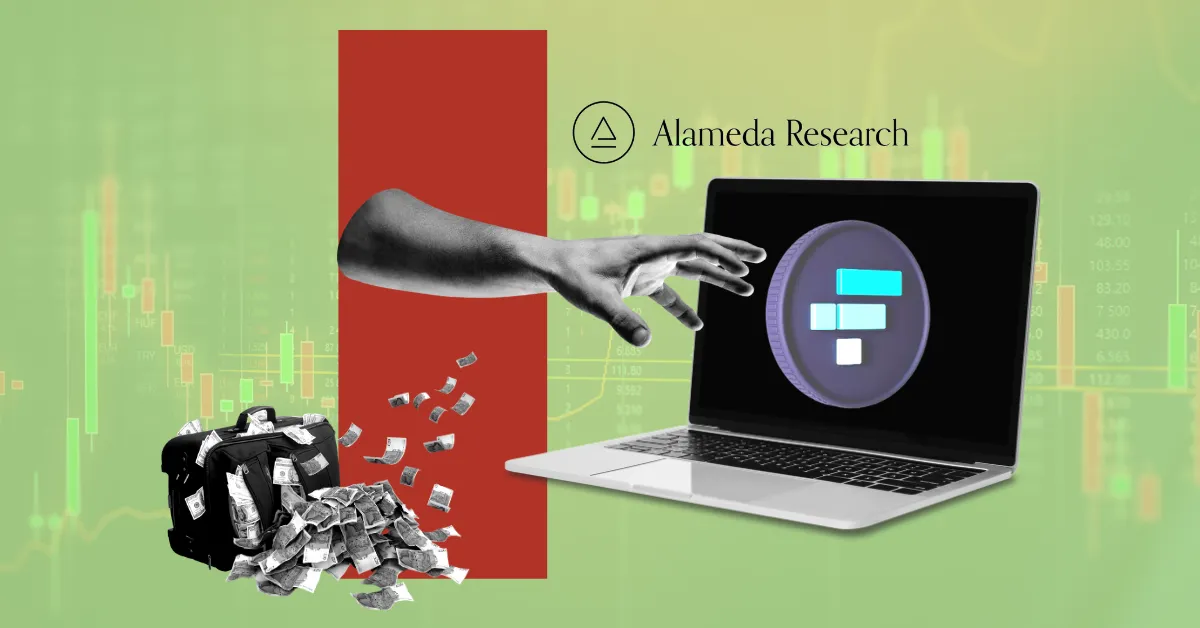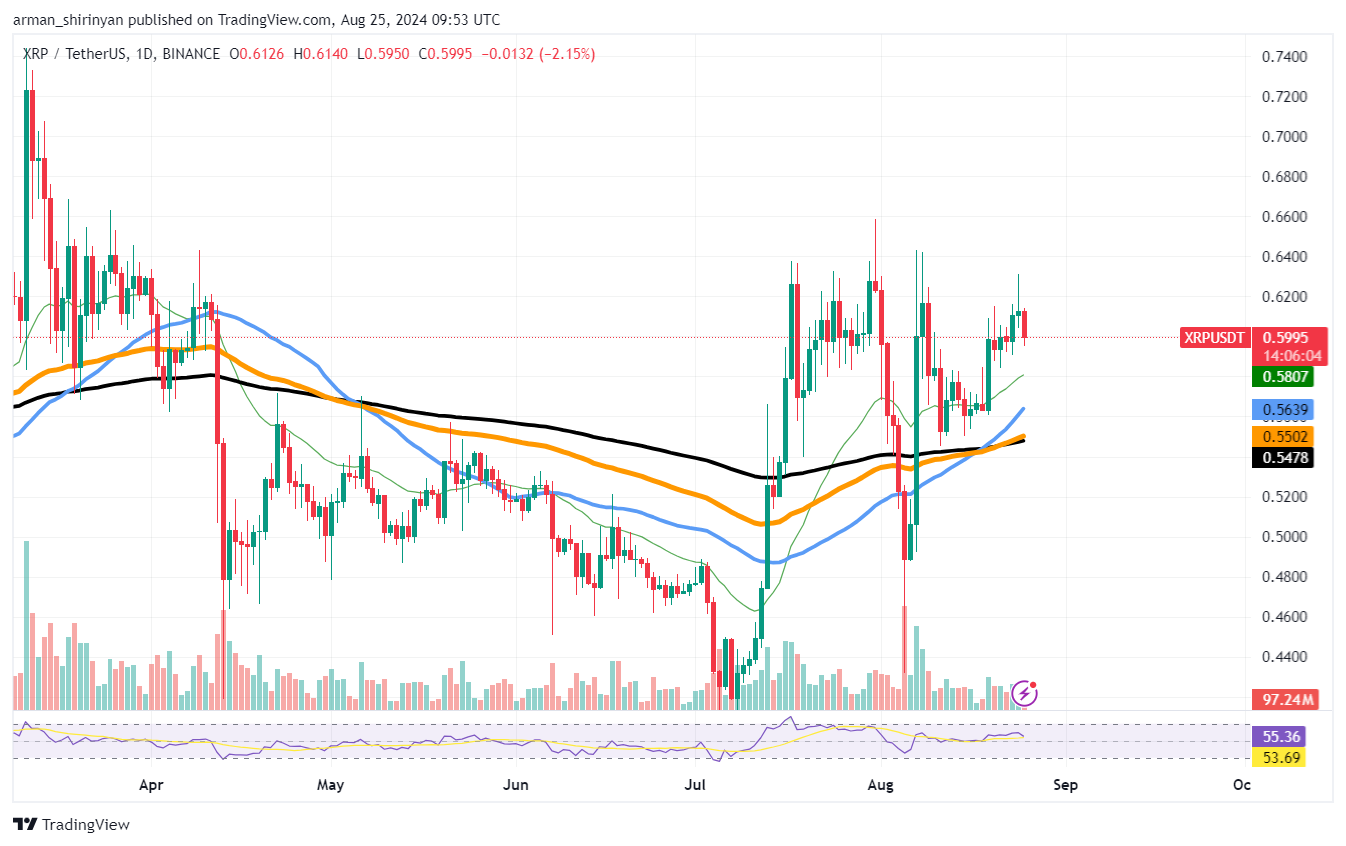With 37 days, $38M, and 7 exchanges in question, here’s the real inside scoop of the two companies staging the real crypto drama. In 2024, crypto wallets linked to the now-defunct FTX exchange and its sister company, Alameda Research, moved a substantial $38.8 million in digital assets to various crypto exchanges. Amid restructuring efforts, FTX aims to repay customers. Critics call the plan into question after the controversial wallet moves.
Cryptic Moves: The $38.8 Million Crypto Exodus
Data from PeckShield, a blockchain analytics firm, shows that in February alone, these wallets transferred at least $7 million to exchanges. Notable transactions include $2.6 million in Ether to Coinbase and $1.1 million in Ton and Fantom to FalconX and Wintermute. On Feb. 6, crypto wallets shuffled at least $3.3 million in assets to top exchanges like Coinbase, Coinbase Prime, FalconX, and Binance. The question on everyone’s mind: What’s the big play here?
A similar move was made in January, the wallets moved around $35 million to exchanges, with significant transfers including $4.1 million in Cronos to Coinbase and a whopping $9 million worth of Wrapped BTC to Binance. These movements occurred amidst FTX’s restructuring efforts and its commitment to repay its customers fully.
Critics Cry Foul: Is It Robbery or Redemption?
The timing of these fund transfers is significant, as they coincide with the FTX exchange’s restructuring efforts and its commitment to fully repay its customers. During a U.S. court hearing on January 31, FTX outlined its plans for restructuring, emphasizing the goal of repaying customers in full. However, its not that easy considering the feasibility and timeline of this repayment, with FTX attorney Andy Dietderich clarifying that while customer repayment is an objective, it is not a guaranteed outcome.
However, skepticism arose following a court hearing where FTX expressed its intentions to repay customers without relaunching the exchange. Critics, including former SEC official John Reed Stark, labeled the plan as “highway robbery of highway robbers,” raising concerns over the legal team’s profits from the ordeal.







